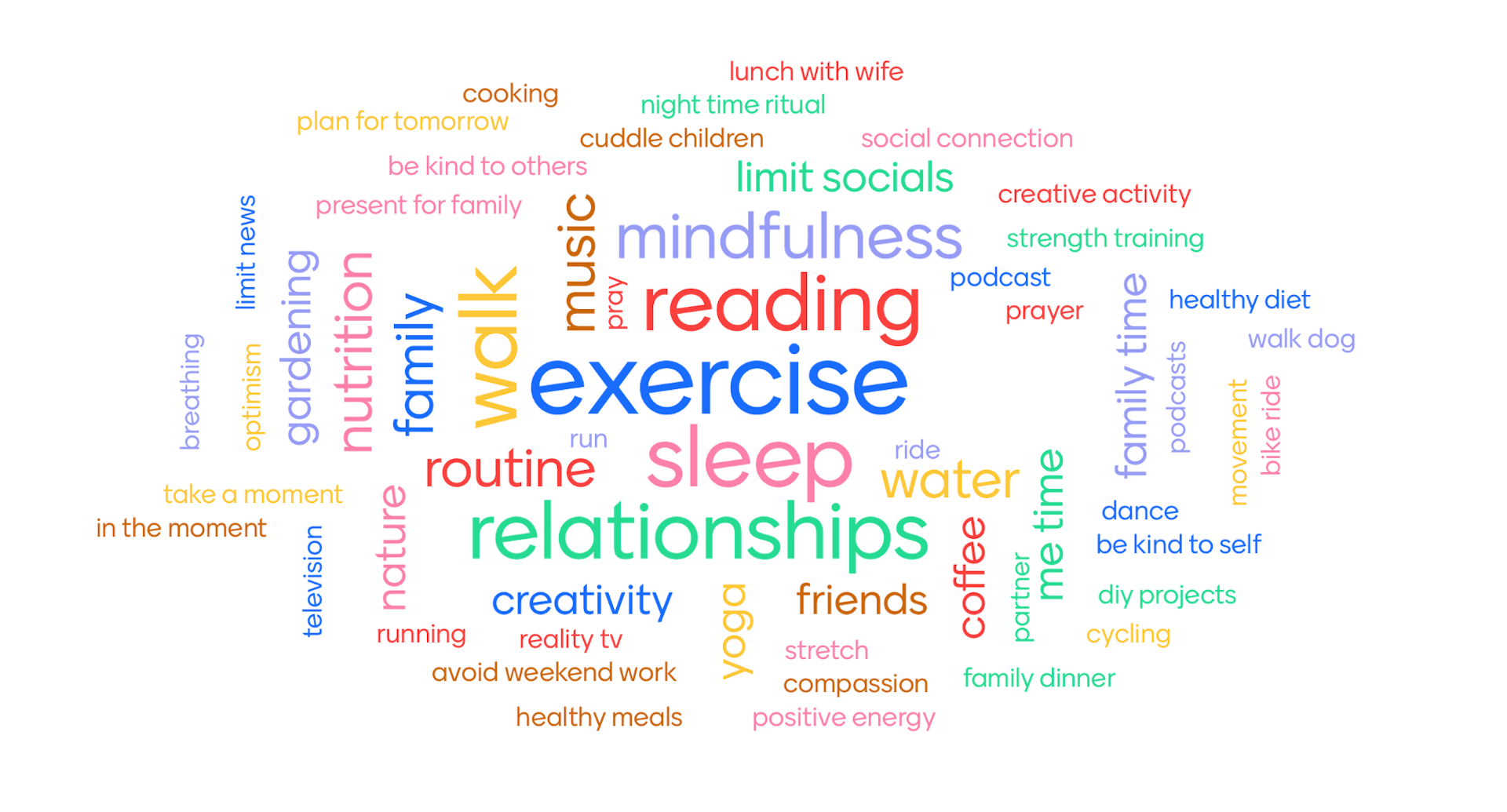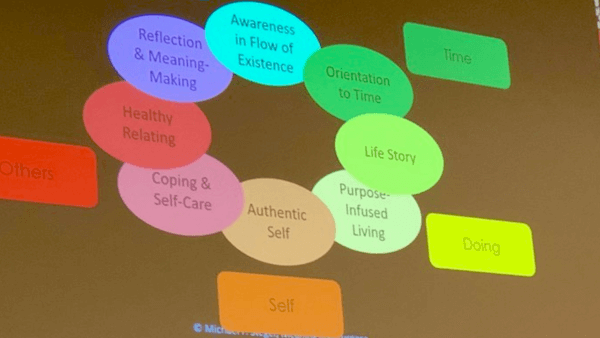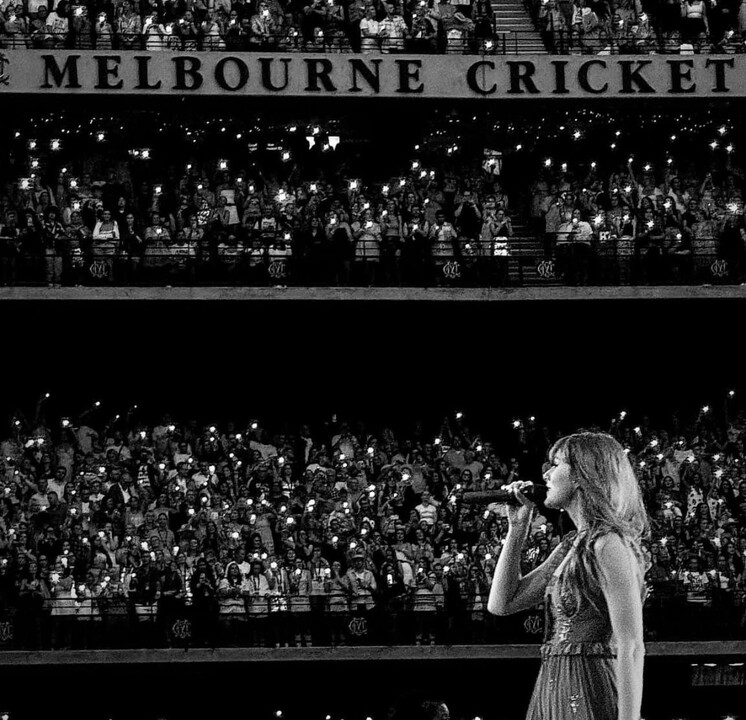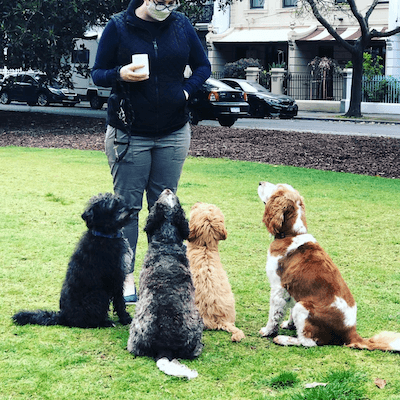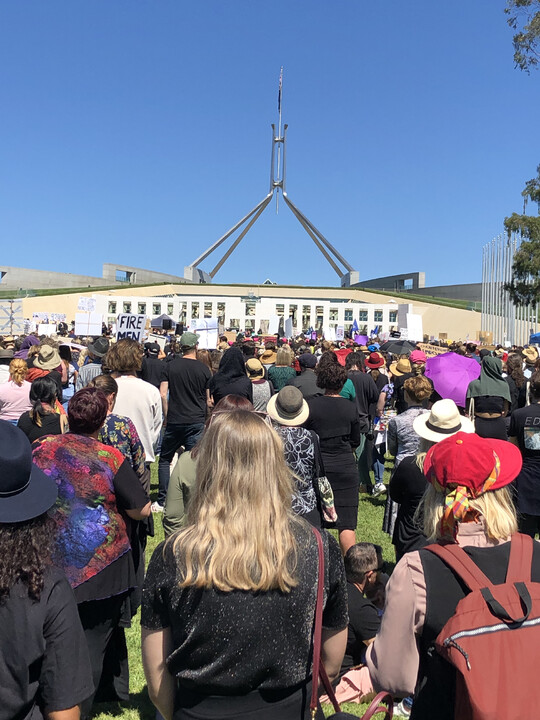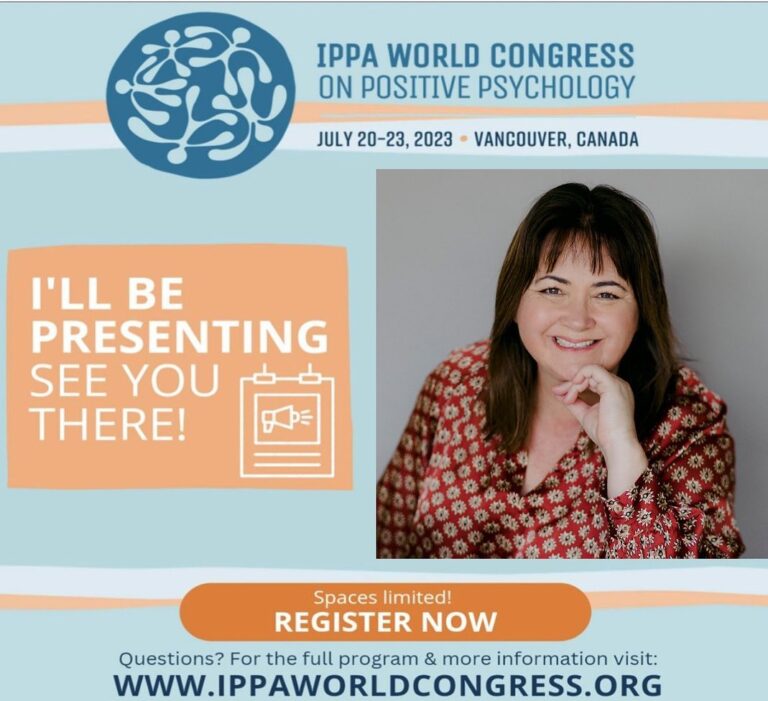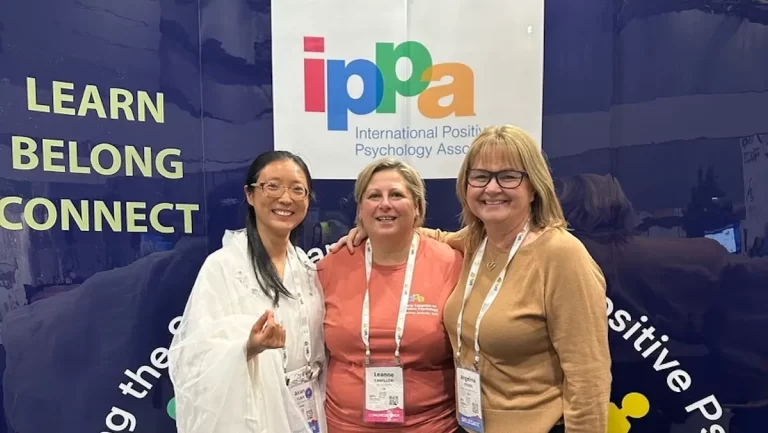Wellbeing in tough times
Wellbeing in tough times
What are your top 3, go-to wellbeing strategies? Things you do at least several times a week that help you live, work and love well.
Are they any different in lockdown to otherwise?
Often we’re very good at knowing (not always doing!) things that are good for our physical health (exercise, nutrition, sleep, avoiding illness). Or we focus on avoiding things that may be detrimental to our physical and mental health.
What contributes to our wellbeing, however, is so much broader than all of the above. It can be about the quality of our relationships and who we surround ourselves with; how engaged we are in our lives and our work; how meaningful or purposeful we feel our lives are; how we make sense of what is going on around us and what that makes us do or say (hello keyboard warriors!).
Positive psychology – the science of wellbeing – studies and aims to continue discovering the many and varied ways humans can flourish. There is currently no consensus on a definition of the term wellbeing, but we do know there are individual, social & contextual differences.
Right now, wellbeing is a very popular topic and we see it applied to everything from tissue boxes and water bottles, to alternative therapies clinics, school counselling services and corporate departments.
As we learn more about wellbeing, we come to understand that it is not just about what we do, (or our fitness levels, BMI, chocolate or alcohol consumption), but also about how we think, what we say and the language we use day to day.
One of my former teachers at the University of Melbourne, Prof. Lindsay Oades, introduced the idea of wellbeing literacy which he calls ‘intentional language for and about wellbeing’.
We also learn that what contributes to our wellbeing changes and evolves across individuals, societies and contexts.
Not only do we have responsibility for our own wellbeing, but also for that of others, whether we are consciously aware of that or not. (For example, the millions of people having covid vaccines to protect not only themselves and their families, but their whole community).
I’m curious – what are your thoughts about and experience with wellbeing? Your own or collective wellbeing?


